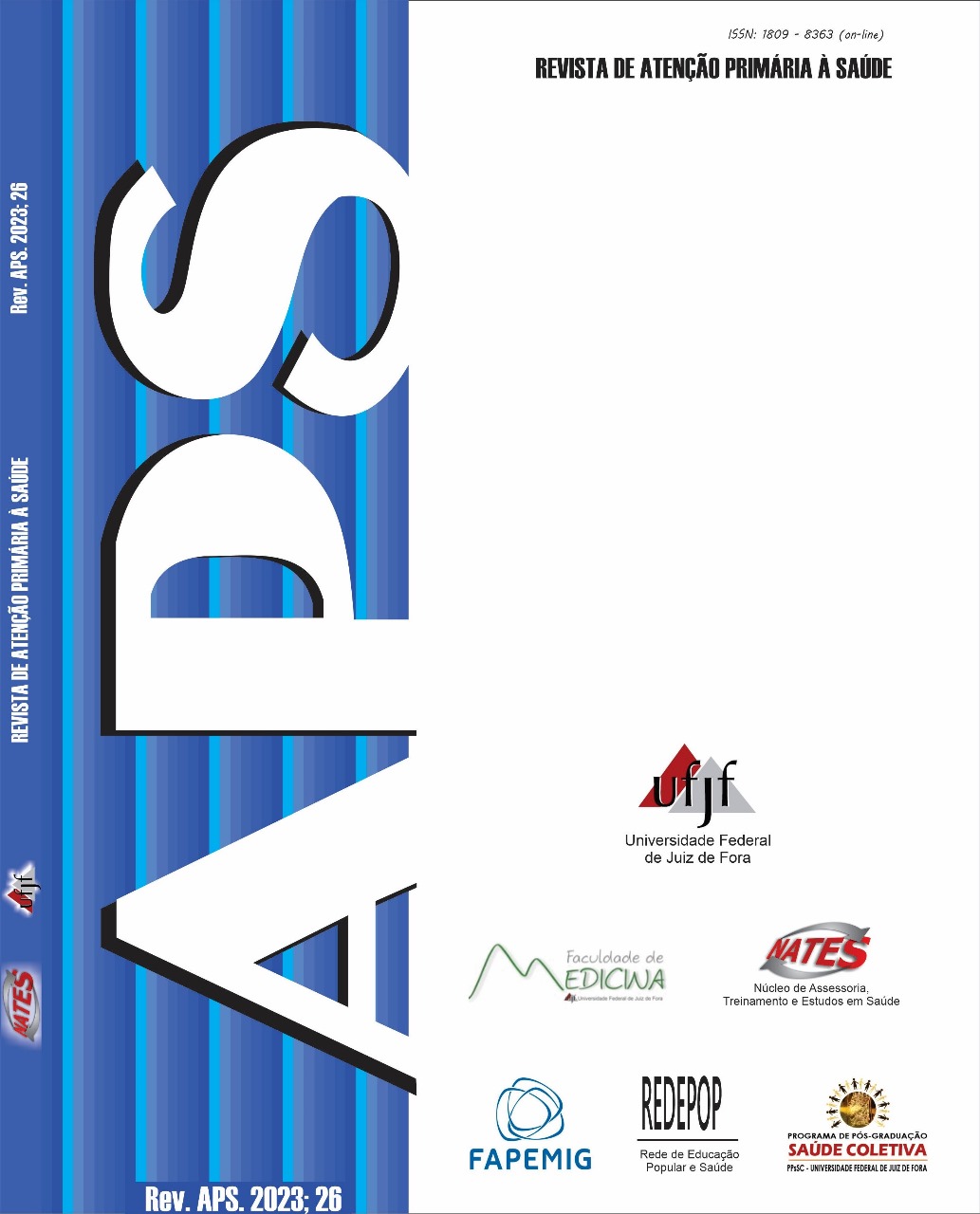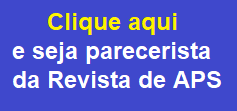Acolhimento de pessoas com deficiência auditiva na Atenção Primária à Saúde no município de Criciúma, Santa Catarina
DOI:
https://doi.org/10.34019/1809-8363.2023.v26.39094Palavras-chave:
Pessoa com Deficiência Auditiva, Perda Auditiva, Atenção Básica à Saúde, AcolhimentoResumo
As pessoas com deficiência auditiva (DA) possuem barreiras a serem descontruídas quando o assunto é acesso aos serviços de saúde. Estas se dão devido à dificuldade na comunicação, falta de profissionais qualificados, ausência de intérprete da Língua Brasileira de Sinais (LIBRAS) dentre outros aspectos. O objetivo deste trabalho é analisar o acolhimento dos indivíduos com surdez na Atenção Primária em Saúde (APS). Trata-se de um estudo de métodos mistos com triangulação concomitante por meio de um estudo descritivo e quantitativo. O estudo foi realizado nas Unidades Básicas de Saúde (UBS) do município de Criciúma – Santa Catarina, participaram os gerentes das unidades de saúde, cirurgiões dentistas, enfermeiros e médicos. Foram entrevistados 43 profissionais de saúde de 44 UBS diferentes do município, dos quais os resultados apontaram frágeis condições de acolhimento e atendimento humanizado das pessoas com DA que procuram as unidades básicas de saúde. A comunicação predominante é de forma verbal e na maioria das vezes, conta com a presença de um familiar durante as consultas para facilitar essa comunicação. Alguns profissionais afirmaram que o DA não possui atendimento humanizado, inclusivo e resolutivo, e que os programas de capacitação deixariam os atendimentos mais humanizados. Em suma, existem inúmeras barreiras no acolhimento dos pacientes com DA na APS, sendo necessária a aprimoração das práticas para que seja desenvolvido um atendimento inclusivo, humanizado, acolhedor e integral.











